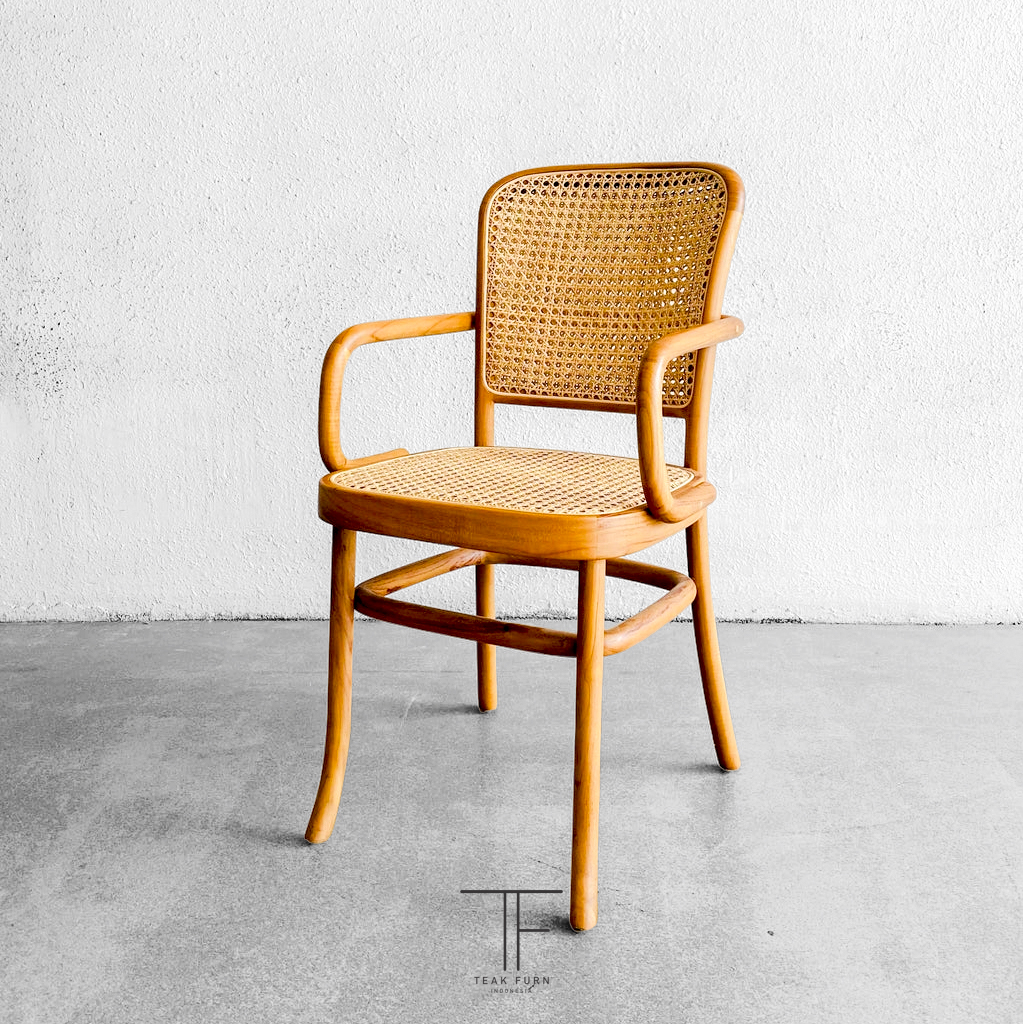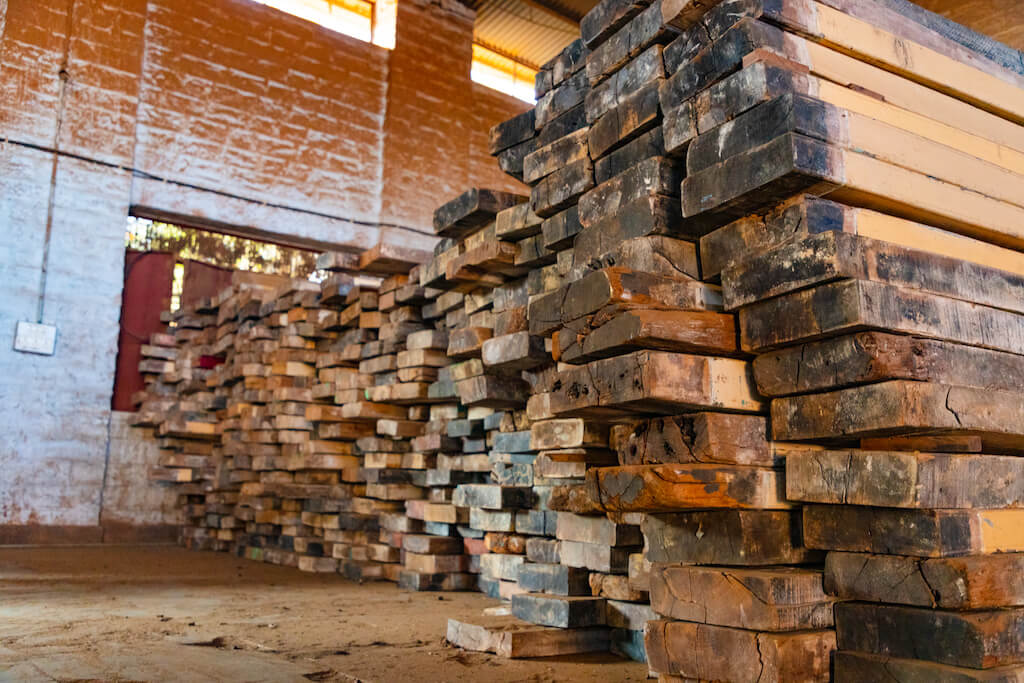
Jepara has long been renowned for its high-quality furniture, known for its intricate wood carving and craftsmanship. As the global demand for furniture rises, ethical furniture production has become a key focus for Jepara’s furniture industry. The commitment to producing furniture ethically is not just about quality, but also about sustainability, social welfare, and cultural preservation. Here’s an overview of Jepara’s efforts in ensuring that furniture production is ethical and responsible.
1. Sustainable Practices and Environmental Responsibility

A primary aspect of Jepara’s ethical furniture production is its focus on sustainability. The city’s furniture industry has adopted environmentally friendly practices to reduce the environmental footprint of production. Many producers in Jepara now source wood from sustainably managed forests, often certified by organizations such as the Forest Stewardship Council (FSC). This certification ensures that the wood used comes from forests that are responsibly managed to protect biodiversity and prevent deforestation.
In addition to using certified wood, some manufacturers have integrated eco-friendly technologies in the production process, reducing waste and pollution. Many companies are also turning to alternative materials such as bamboo and recycled wood, which further reinforces their commitment to sustainability.
2. Fair Labor Practices and Local Community Welfare

Jepara’s furniture industry is deeply tied to its local community. Most of the skilled artisans in Jepara have inherited their woodworking techniques over generations, and local workers are the backbone of the industry. To ensure ethical practices, many producers prioritize fair treatment of workers, offering safe and healthy working conditions, fair wages, and social benefits. This contributes to the improvement of local livelihoods.
Moreover, the industry supports local businesses by collaborating with small-scale artisans and entrepreneurs, providing them with opportunities to grow. These partnerships help reduce economic inequality and foster community development. Training programs are also available to equip younger generations with the skills needed to meet the global demand for high-quality, ethically made furniture.
3. Designing with Social and Cultural Responsibility

Jepara’s furniture is not only known for its high quality but also for its rich cultural heritage. The region’s furniture designs often incorporate traditional wood-carving techniques, blending these with modern elements to create unique products that appeal to both domestic and international markets.
Beyond aesthetics, Jepara’s furniture producers are also mindful of the social and cultural impact of their designs. Many pieces feature cultural motifs or messages that promote environmental awareness or cultural preservation. This not only adds a deeper meaning to the products but also helps foster a connection between consumers and the values that Jepara’s artisans hold dear.
By integrating local culture and sustainable themes, Jepara’s furniture producers contribute to the preservation of Indonesian heritage while also appealing to global trends.
4. Responsible Resource Management

As a region reliant on wood for furniture production, Jepara faces challenges in managing its natural resources responsibly. Ethical furniture production in Jepara involves a balance between satisfying demand for wood and preserving the environment. Many manufacturers have adopted practices that ensure the responsible sourcing of raw materials. They work closely with suppliers who follow strict environmental standards to guarantee that wood comes from sustainable sources.
Some companies have also begun using alternative materials, such as bamboo and reclaimed wood, which have a much lower environmental impact. These innovations not only help conserve Jepara’s natural resources but also contribute to global efforts to reduce deforestation and climate change.
5. Collaboration with Global Certifications and Standards

Jepara’s commitment to ethical production is further demonstrated through its alignment with international standards and certifications. Several furniture producers in Jepara have earned certifications such as FSC, which guarantees that their wood is sustainably sourced. These certifications provide transparency and reassurance to global customers that Jepara’s furniture is produced ethically and meets global sustainability standards.
Additionally, some companies adhere to fair labor practices and earn certifications that confirm they provide equitable working conditions. These international certifications increase Jepara’s competitiveness in the global market, where consumers increasingly demand transparency in sourcing and production practices.
Conclusion
Jepara’s commitment to ethical furniture production highlights its dedication to sustainability, social responsibility, and cultural preservation. Through sustainable sourcing, fair labor practices, and culturally rich designs, Jepara sets a strong example for the global furniture industry. As demand for ethically produced products grows, Jepara’s furniture industry continues to evolve, ensuring that its furniture not only meets high-quality standards but also contributes positively to the environment and society. By focusing on ethical practices, Jepara is building a future for the furniture industry that benefits both local communities and the global market.



